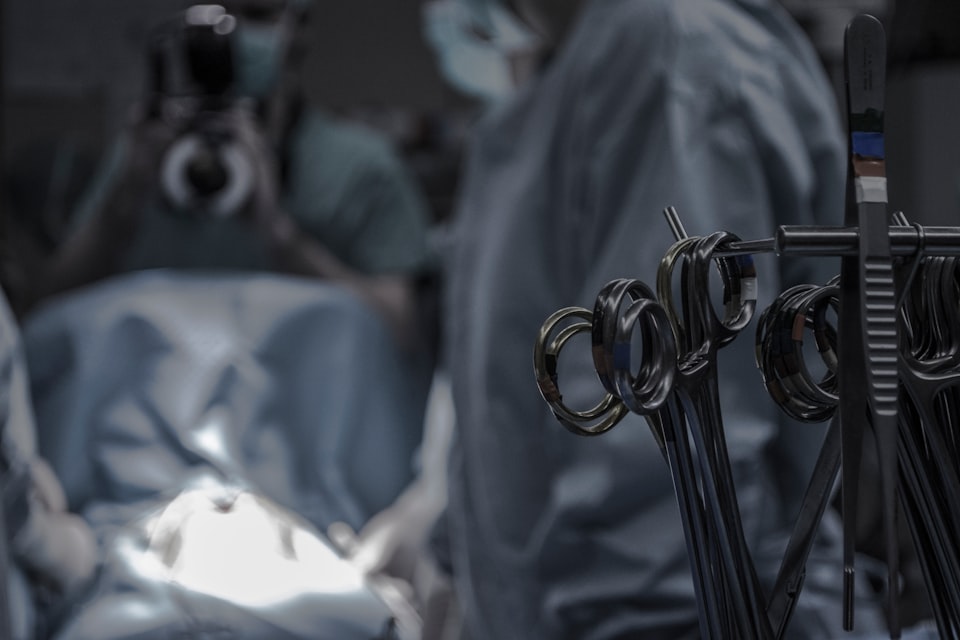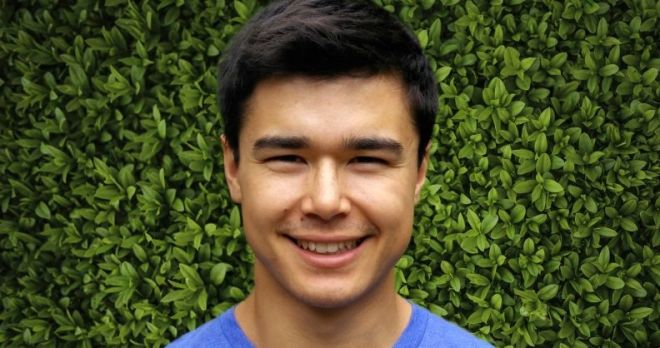Top Tips for a productive Taster week in Anaesthesia

This post is aimed at prospective anaesthetics trainees, however it has useful tips for anyone gaining anaesthetic experience in theatre, including student ODPs and Paramedics!
It can be difficult for prospective trainees to fully understand what a career in anaesthetics is like. Unless a trainee has an intensive care medicine job lined up before they apply to Core Training, the chances are that they may have only met the elusive anaesthetists at emergency or trauma calls, before a patient is whisked away to theatre, or after pleading to the vascular access gods. Luckily, taster sessions are at hand.
Taster days are ‘not essential but will be desirable… to demonstrate interest in specialty and [to] also help you decide if it is the correct specialty for you.’HEE Yorkshire and Humber
How can you organise a taster session, and what might you learn?
How to organise taster sessions.
Firstly, this is off your own back.
Doctors in training, such as in the foundation years, will likely have a quota of salaried days that they may take to gain experience in specialties that interest them. Usually, it is only about 5 days – which co-incidentally appears to be the minimum number of days that will stand up as a sign of ‘commitment to specialty’ in job applications – so spend your taster days wisely and choose anaesthesia.
It will definitely help to bring the topic up with your educational or clinical supervisors who may know the right contacts, so bring it up early at start of placement meetings.
You need to find out who a few people in your Trust are:
- The RCoA College Tutor at your ‘local education provider’/Trust, who should be able to give some good advice about a career in anaesthesia and to point you in the direction of people to help you organise your taster sessions.
- The anaesthetic rota coordinator, who will be able to find sessions that have availability for you to join. You shouldn’t turn up at the theatres without being rota-ed in because theatre time is essential learning time for anaesthesia trainees and for other learners, such as student ODPs, paramedics, nurses and medical students.
- Your rota coordinator for your current specialty, who will need to find a time in your current rota that allows you to be released while the rota remains safe.
- An additional avenue to pursue would be to become acquainted with your friendly neighbourhood anaesthetists, in theatres whilst on a surgical placement, during debriefs after emergency calls, or during lighter times at mess events. They might be able to point you in the direction of the anaesthetic consultants who really interested in teaching, or the lists that are particularly high-yield for practical skills e.g. the emergency CEPOD list, certain urology lists etc.
What your taster week might look like
- With the help of the rota-coordinator, you should be able to form a structured schedule that should provide a wide exposure to anaesthesia.
- Look to attend lists with multiple different consultants
- Consultants working in anaesthesia often have other commitments, such as in research, ICU, pain medicine etc – so by meeting many consultants, you can gain insight into these additional anaesthesia-related specialties, too.
- Look to attend lists of different surgeries
- Different lists offer different opportunities. A relatively ‘simple’ list might have many short cases requiring only a supraglottic airway – useful if you’ve never put in an I-gel before, and useful to see a fast turnover of anaesthetic inductions. A good list for this might be a general surgery emergency list (with abscess drainages etc) or a gynaecological surgery list.
- Longer operations often require a more complex anaesthetic, while operations in more frail patients likely need more sophisticated invasive monitoring. If you wanted to gain experience in laryngoscopy and intubation, or to see or partake in central venous access or arterial line placement, an elective or emergency colorectal list with big operations might provide a suitable learning environment.
- Look to meet trainees!
- It’s very important to learn from trainees – after all, they’re doing the job that you think you want. What’s it like, really?
What you might expect to do and learn during your taster week
- Practice tricky things
- Knowledge and skills of vascular access, airway manoeuvres and the use of emergency drugs are useful regardless of your future specialty.
- Anaesthetic room time is a great opportunity to practice these tricky things in a controlled environment and readily accessible expertise
- Learn how to cannulate properly.
- Learn how to draw up drugs properly.
- Jaw thrust and bag a patient properly.
- Learn how to use an guedel/oropharygneal airway, an I-Gel/LMA, and direct/video laryngoscope, bougie and ETT properly.
- See how the anaesthetist does tricky things
- Textbooks will teach the alveolar gas equation and pharmacokinetics of anaesthetic agents, but watching or experiencing the changing of gears between I.V. and volatile agents, paralysis and reversal and the manipulation of cardiovascular or respiratory physiology is a demonstration of the art of anaesthesia.
- Meet a variety of people and gain an appreciation of the team-based environment of theatres.
- The presence of an ODP helps to aid the smoothness, safety and efficiency of an anaesthetic, while they provide an extra pair of eyes, hands and experience when things go awry. In the day to day, ODPs often do much of the essential hard work such as checking the anaesthetic machine and moving patients around the theatre environment, while also being great people to chat to and learn from as a prospective anaesthetic trainee.
- You will meet some real characters!
- See how good communication is done!
- Some people are naturally good communicators, whilst some stumble over words or don’t quite say what they mean. I’m often in the latter category, but working towards being in the former, which means I listen particularly hard to the friendly and gentle babble of an anaesthetic room that effective teams create to comfort and quieten the anxieties and fears of patients.
- If you want a masterclass in communication techniques, attend a paediatric anaesthesia list.
- More broadly still, it’s just lovely to be in an environment where the team works together regularly, if not daily. Unlike many other theatres within medicine, my experience is that the anaesthetic room is not the place for big egos or enemies but is one of friendly banter and generally a good way to pass time; this must be all due to the wafts of Sevoflurane released during my poor preoxygenation attempts.
- Anaesthetics is based on the practical application of knowledge.
- Anaesthetics is fundamentally rooted in physiology, which although means that much of anaesthetics practice requires a sound understanding of physics, various eponymous constants, and other equations; by applying a stimulus, we can expect and predict a response. Whether it is understanding the pharmacology of a neuromuscular blocker on a neuromuscular junction with an expectation of the subsequent effect, or of the effects of metaraminol on the cardiovascular system, the effects of interventions in anaesthesia is much more tangible than, for example, the effect of a monoclonal antibody in a subtype of rheumatoid arthritis. For many, the rapid responses elicited by practical application of theoretical knowledge makes anaesthesia a very engaging and satisfying career.
To conclude, here’s a checklist for your taster week:
- Go in with an open mind and a desire to see, do, and learn everything.
- Ask your own questions, find out what you want to know to see if anaesthesia can provide a career with interest and sustainability over the long-run.
- Come out with practical skills and the perspectives of juniors, seniors and allied healthcare staff.
- Enjoy the time away from the ward rounds, charts and discharge notes; you’ve only got 5 days of paid taster days.
- Get feedback from your tutors, or obtain a certificate, and remember to reflect on your experience daily!
Dr Rory Heath
Clinical Fellow in Emergency Medicine
